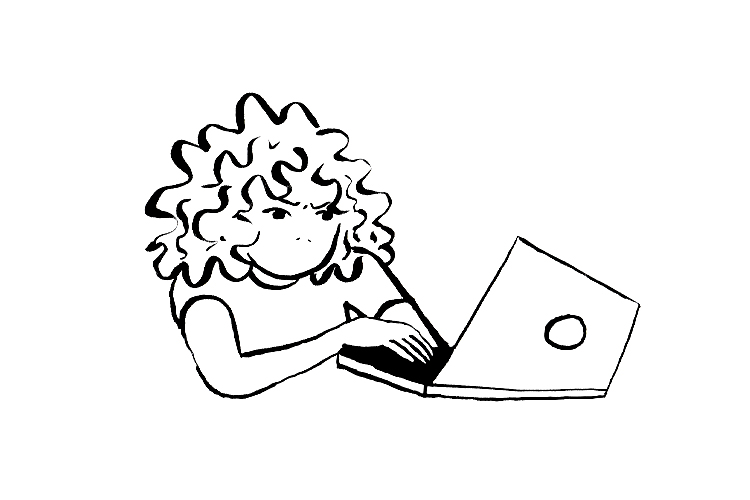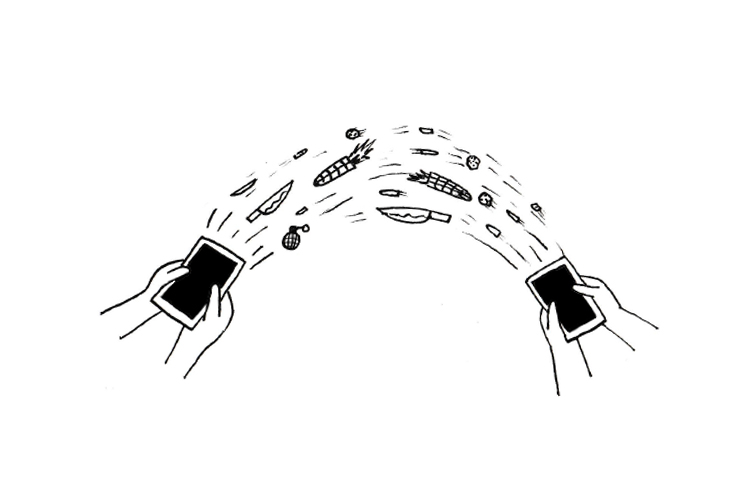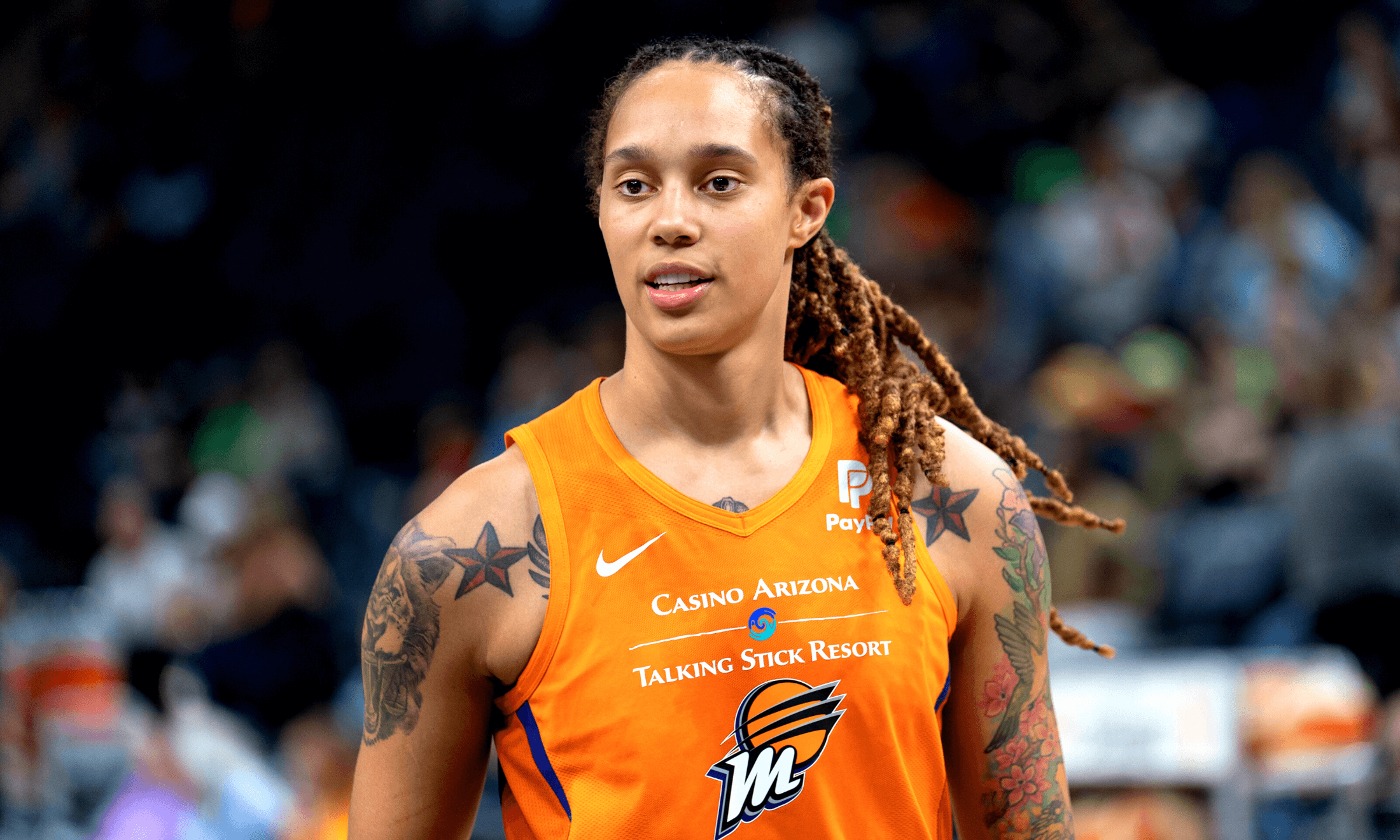
Most of you would say that spending three hours of my Saturday night debating two alt-right trolls on social media must have been a huge waste of my time and energy. And normally, I would agree. I’ve been around long enough to understand that the adage “Don’t feed the trolls” is more of an act of self-care than just friendly advice.
Yet we all have our tipping points and, these days, the tipping points are coming in quick succession — on both sides of the Atlantic.
But would you believe me if I said that just this once, I didn’t regret engaging in this heated conversation? Would you believe me if I said that I actually learned something from that debate?
Let me explain. As a left-of-centre African-American who grew up in a conservative, right-wing state in the U.S. you get used to having your opinion and political views challenged at every turn. Growing up in Indiana, I constantly had to listen to conservative Republicans spout damaging propaganda about Democrats, the poor, the black community, Jews, Muslims, the LGBTQ community, the disabled, and immigrants. Sometimes I sparred with them verbally, but other times, I quickly reminded myself that I wasn’t in a safe space and I needed to choose my battles carefully. And I hated it.
As frustrating as it may have been, it was a blessing in disguise because it taught me to see how the other side thinks – deconstructing and manipulating facts, and pivoting from their original strategy when forced to defend their rhetoric. It was like a debate crucible if you will.
Fast-forward to today, and I live in a largely liberal state – with a lot of hate groups, mind you – and currently work in another predominantly liberal state across the Hudson River. So my opinions get challenged, but only in subtle, nuanced ways. Here in New York, we argue more about things like the practicalities of our position within the American left, intersectionality and the flaws within our communities.
And as such, this environment can be slightly sheltered and vulnerable to shocks, as last November proved. If you want real exposure to the machinations on the other side of the aisle, you have to take to the internet, where anonymity and trolling is the order of the day. That minefield can leave you feeling confused about the state of humanity, but I think it’s important to engage in these less-than-perfect battle of wits.
Spending the evening debating ‘Troll Ben’ and ‘Troll Jon’ gave me a refresher course on the preferred circular arguments of the right and what they’re currently using as tactics to assert their worldview. I learned that much of their support for their positions came from “thought-leaders” who have been refuted time and again. They showed me that when they didn’t have a rebuttal; the best tactic they had was to claim I said something I didn’t. They also taught me that, in their minds, if you disagree with them, then you must be against anyone having a different point of view: their belief in expressing bigotry and oppression as a viable government strategy is a perspective that they think must be accepted, if the Left truly believes in tolerance and equality.
Sure, I found it troubling when Troll Ben insisted that during WWII, Japanese Americans were well taken care of and the U.S. government didn’t do anything wrong by confiscating their assets, evicting them from their homes, and incarcerating them in internment camps. I couldn’t help but shake my head when Troll Ben also insisted that his distant Irish ancestry and the adversity they experienced gave him proper perspective on what was morally acceptable. And I was completely shook when Troll Jon stated that the U.S. government only “put down” Native American tribes who were violently attacking other tribes. In his mind, this community – who are still being terrorised by the state centuries since the arrival of the Pilgrims to North America – were given a chance to assimilate, but chose to kill instead. (It was also very telling that whenever I would quote Troll Jon’s statement on Twitter so others who follow my feed could see it, he would quickly delete the tweet.)
Despite their often disturbing assertions, I maintain it was time well spent. I didn’t come by my socio-political outlook by surrounding myself in an echo chamber. I believe we do need civil discourse in our respective nations and abroad if we hope to achieve anything other than a drastic pendulum swing from one party to the other every few years. But I also understand that can be difficult when the person you’re debating is advocating the genocide, incarceration or oppression of a specific group.
The reality is that shouting and shunning will get us nowhere. Being able to listen, understand and articulate why the opposition’s argument is riddled with errors is something we all need to get to grips with over the next harrowing years. I’m not advocating that we “feed the trolls,” but I am recommending that we listen, even when the opposing viewpoint sounds morally reprehensible, insists on making a false analogy, or claims to be the victim when you describe their argument as a textbook example of the very thing it is.
I would love to say that it’ll be easy to shake off these conversations or that you’ll walk away unscathed by the intensity of these sentiments, but that’s not necessarily true. What you may gain, however, is the ability to understand the strategy and triggers of the other side, and maybe develop the resilience necessary to craft a stronger, more effective argument. And who knows? Little by little, the other side may learn that our resistance is not futile.
Image by Seo Hye Lee – www.seohyelee.com










